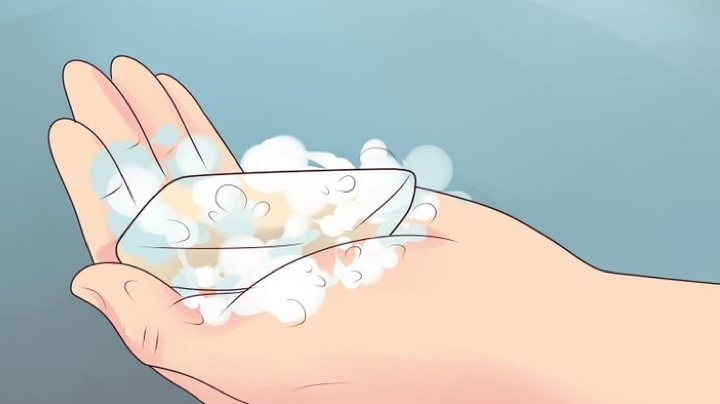
Feeling fresh and fruity! General hygiene
- Good personal hygiene is one of the most effective ways to protect ourselves, and others, from illness.
- This means washing your hands, especially, but also your body.
- It means being careful not to cough or sneeze on others, cleaning things that you touch if you are unwell, putting items such as tissues (that may have germs) into a bin, and using protection (like gloves or maks) when you might be at risk of catching an infection.
A. Body odour
- Body smells are caused by a number of factors working in combination, including: Chemicals in sweat, including pheromones, which are made by the body and sexually attract (or repel) other people.
- Wastes excreted through the skin, such as metabolised alcohol.
- The actions of bacteria that live on the skin and feed on dead skin cells and sweat.
- Unwashed clothes, such as underwear and socks.
Bad breath
Good dental hygiene includes regular brushing and flossing. Bad breath can be caused by diseases of the teeth, gums and mouth, such as infections. Most people have bad breath first thing in the morning because saliva is not made while you’re asleep. Some foods that can cause bad breath include garlic and onion. Mouth washes, mouth sprays and flavoured chewing gum can make your breath smell better for a while, but if you have a health problem in your mouth, you need to see your dentist.
Hand washing
- Most infections, especially colds and gastroenteritis, are caught when we put our unwashed hands, which have germs on them, to our mouth.
- Some infections are caught when other people’s dirty hands touch the food we eat.
- Hands and wrists should be washed with clean soap and water, using a brush if your fingernails are dirty.
- Dry your hands with something clean, such as paper towels or hot air dryers.
- You should always wash your hands:
- After using the toilet
- Before making or eating food
- After handling dogs or other animals
- If you have been around someone who is coughing or has a cold.
